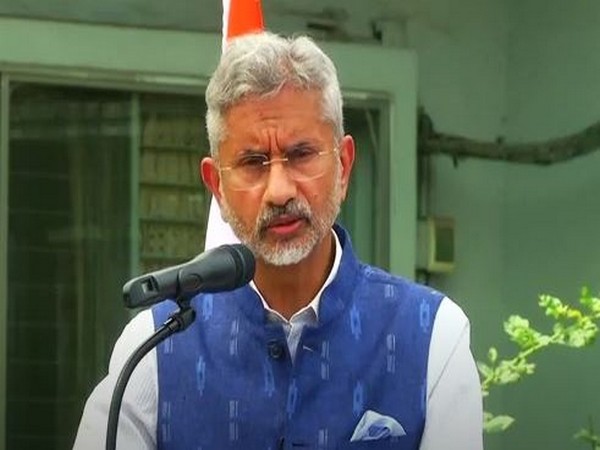Jaishankar rejects criticism over export of COVID-19 vaccines

- Country:
- India
External Affairs Minister S Jaishankar on Monday strongly rejected criticism over India's export of COVID-19 vaccines, saying there were global commitments for variety of reasons including for procurement of raw materials for production of the jabs.
At an online interaction, he said India prioritised vaccination of its people while describing those as ''non-serious'' people who questioned why the country was exporting at all.
Several political leaders including Congress' Rahul Gandhi had slammed the government for exporting over 60 million doses of coronavirus vaccines when the country was reeling under increasing demands for the doses.
The Centre has now almost stopped export of the vaccines following a sudden spike in coronavirus infections in the country.
In his address at the national leadership conclave of All India Management Association (AIMA), Jaishankar said as the situation became tough in India, the government apprised various countries about it and most of them understood the issue.
''Today as the foreign minister, I am pushing other countries, particularly some big countries, saying please keep the raw materials flowing for vaccines to be made in India.
''Why am I doing that because the fact is that there are global supply chains; very few things are made exclusively in one geography, very few societies can say we are autonomous of our reliance on others,'' he added.
The minister wondered if it would be possible for India to ask the world to keep its supply chain flowing towards the country and not share the end product.
''Ask yourself this question, can I on one hand go round the world and tell, guys, keep your supply chain flowing towards me. And by the way the end product of that supply chain, I am asking you for raw material, but I am not going to give you the vaccine.'' ''As things got tough, we actually spoke to the world very honestly and said 'look, we have done our best to live up to commitments; contractual commitments of producers, COVAX commitments. But Right now please understand that we have this very serious situation at home', and I think most countries understand that,'' Jaishankar said.
He also criticised those who questioned India's overall vaccine exports.
''But if you get into why are you exporting abroad at all, then somebody else will ask why am I exporting to India. And that is so short-sighted. I think really irresponsible people, really non-serious people can make that kind of an argument,'' he said.
Serum Institute CEO Adar Poonawalla on Friday requested US President Joe Biden to lift the embargo on export of raw materials needed for the production of the Covishield vaccines in India.
India is witnessing a massive spike in coronavirus cases in the recent days. The country reported over 2.7 lakh infections in the last 24 hours.
Replying to a question on India's response to the pandemic, Jaishankar called for looking at the ''long-term problem and potentially the long-term answer'' rather than getting into what went wrong, who is to blame for and what the government could have done.
He said the pandemic has brought up deficiencies in the country's developmental model and health infrastructure, adding ''If you subject a system to stress, all the cracks and gaps show up in that period.'' ''This is a moment really to reflect on how we build deeper strengths and capacities which will allow us to face these kinds of storms in the future.
''For me the great takeaway in the making is that this is a lesson to us that you cannot take risks in good times and think that the risks will not come back to haunt you in tough times,'' he added.
The external affairs minister noted that there are multiple variants of the virus at play whose potency and infectivity was not naturally realised earlier.
''You have the UK variant, you have the South African variant, then you have the double mutant which is today impacting specially the western region of the country,'' Jaishankar said.
''In all of this it is also a reality that there was a lot of societal complacency for any of us to point fingers at anybody else,'' he said, asserting that such an approach is reflective of a short-sighted attitude.
(This story has not been edited by Devdiscourse staff and is auto-generated from a syndicated feed.)










